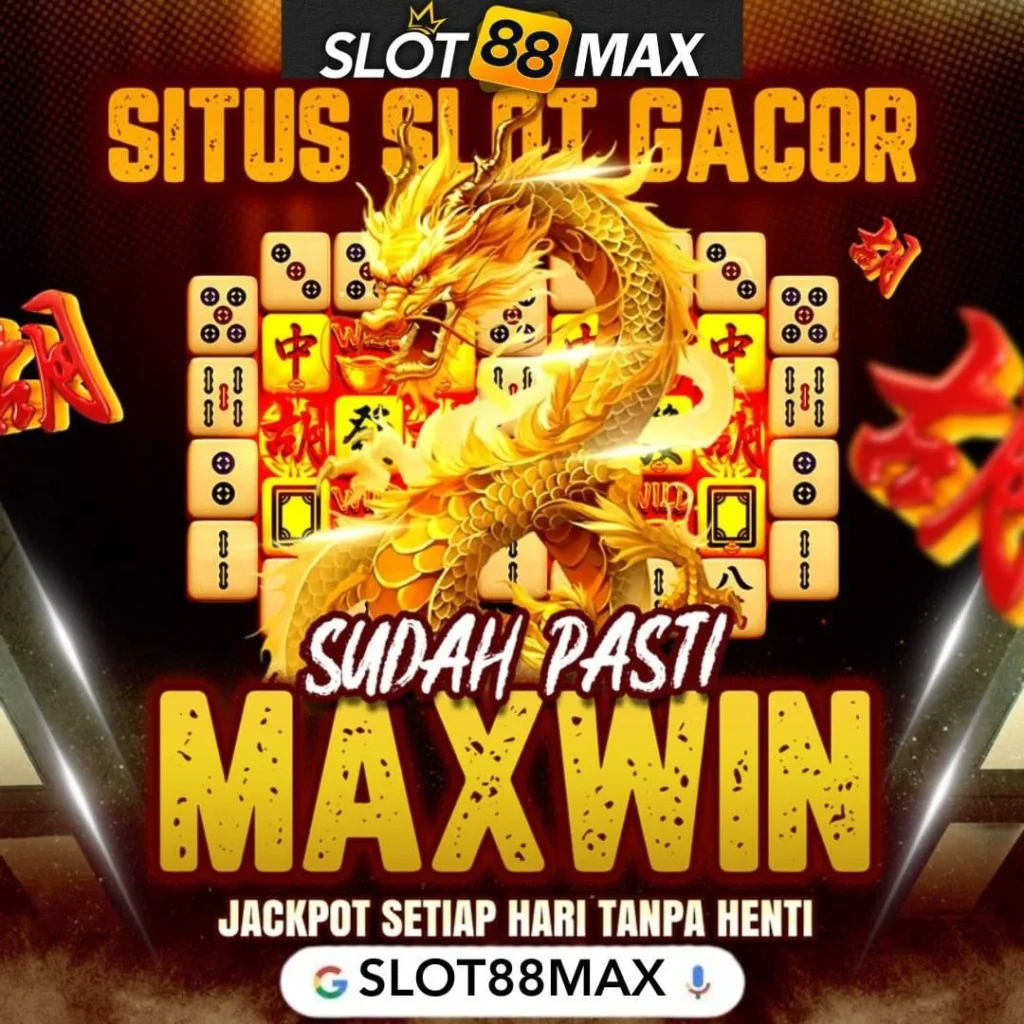Exploring How PlayStation Games And PSP Games Remain Popular
The best games in the industry are often associated with PlayStation games due to their unique combination of quality, innovation, and หวยออนไลน์ storytelling. Titles like Uncharted, Spider-Man, and Bloodborne exemplify how PlayStation games blend cinematic visuals with intricate gameplay mechanics, captivating players from start to finish. Fans appreciate the attention to detail, narrative depth, and interactive freedom that these games provide, ensuring that each session feels both immersive and meaningful. PlayStation games continue to appeal to diverse audiences, providing a wide variety of genres and styles that cater to both casual players and hardcore enthusiasts alike.
PlayStation games have consistently evolved through innovation, redefining what gamers expect from interactive experiences. Developers experiment with branching storylines, realistic physics, and creative combat systems to enhance engagement and replayability. Online multiplayer modes, cooperative features, and competitive play extend the social dimension of gaming, allowing players to connect, compete, and collaborate. Even within single-player adventures, exploration, collectibles, and hidden challenges offer additional layers of enjoyment. These innovations reinforce why PlayStation games are often considered among the best games ever created.
PSP games further enriched the PlayStation ecosystem by offering high-quality, portable experiences. Titles such as Jeanne d’Arc, Valkyria Chronicles II, and Lumines introduced handheld mechanics that delivered depth, strategy, and narrative intrigue. The PSP allowed players to experience console-quality gameplay on the go, turning travel or downtime into immersive gaming sessions. Many of these games remain celebrated for their ability to deliver engaging adventures outside of traditional home consoles, proving that PSP games are an essential component of PlayStation’s legacy of creating the best games across platforms.
In conclusion, PlayStation games and PSP games collectively represent some of the most memorable experiences in modern gaming. Both consoles provide immersive worlds, compelling mechanics, and innovative designs that captivate players. From blockbuster releases to hidden gems, the best games engage, challenge, and entertain audiences, creating lasting impressions. By exploring both PlayStation and PSP titles, gamers gain access to a wide range of experiences that showcase the creativity, technical expertise, and dedication of developers, cementing the platforms’ reputation for excellence in interactive entertainment.








